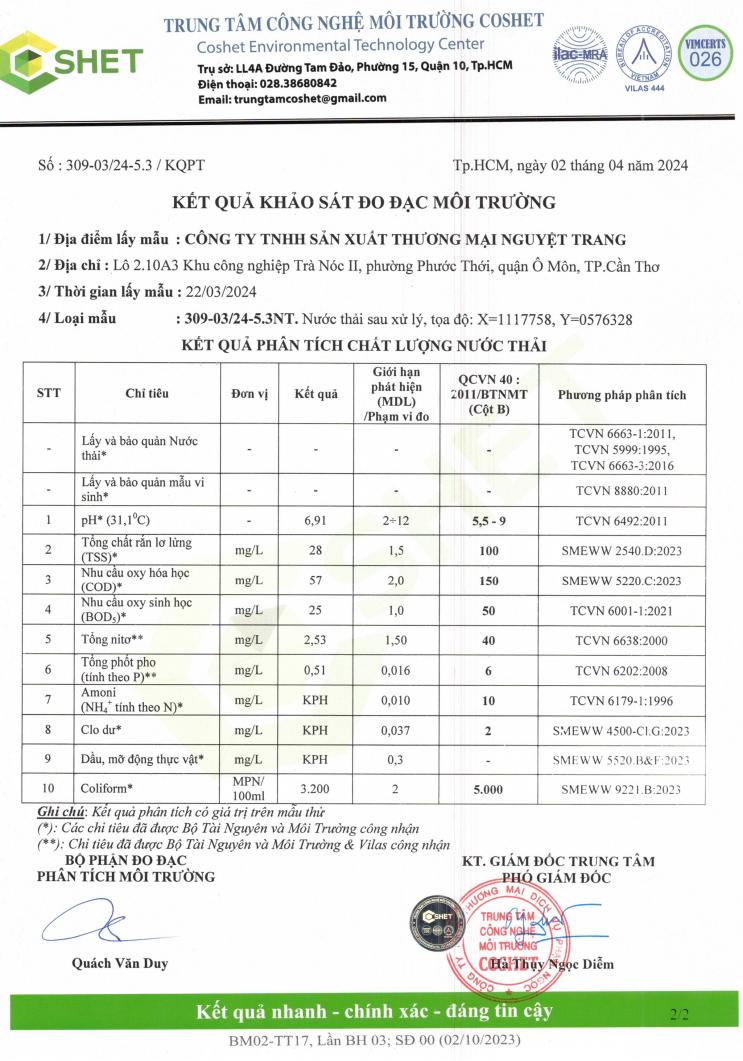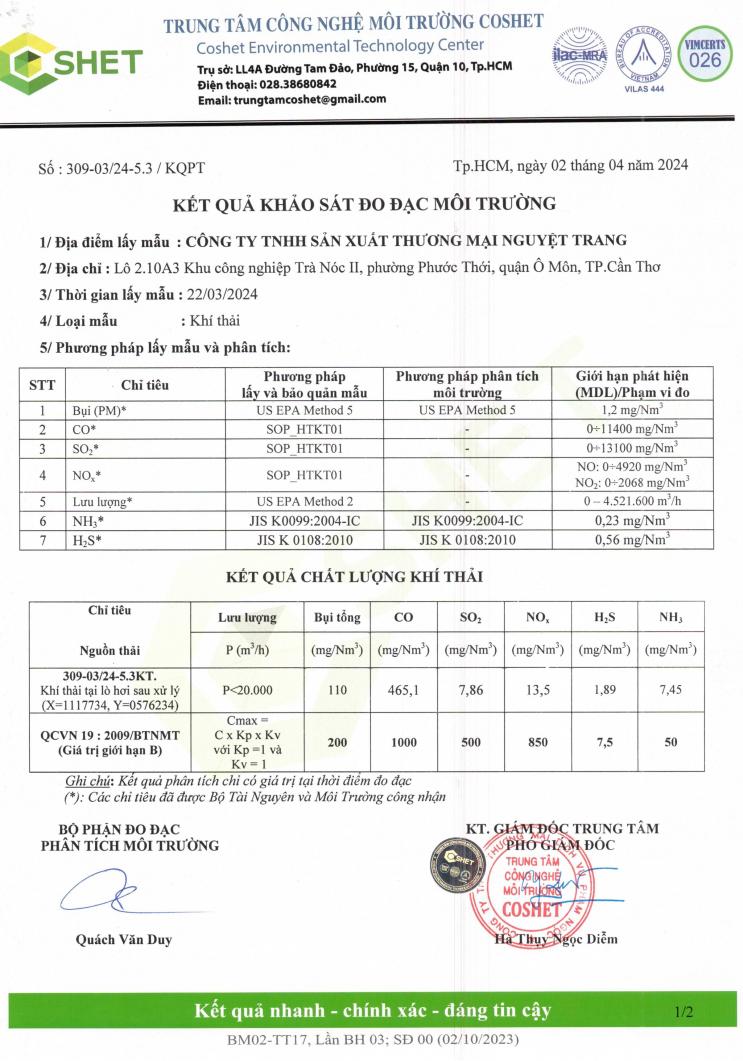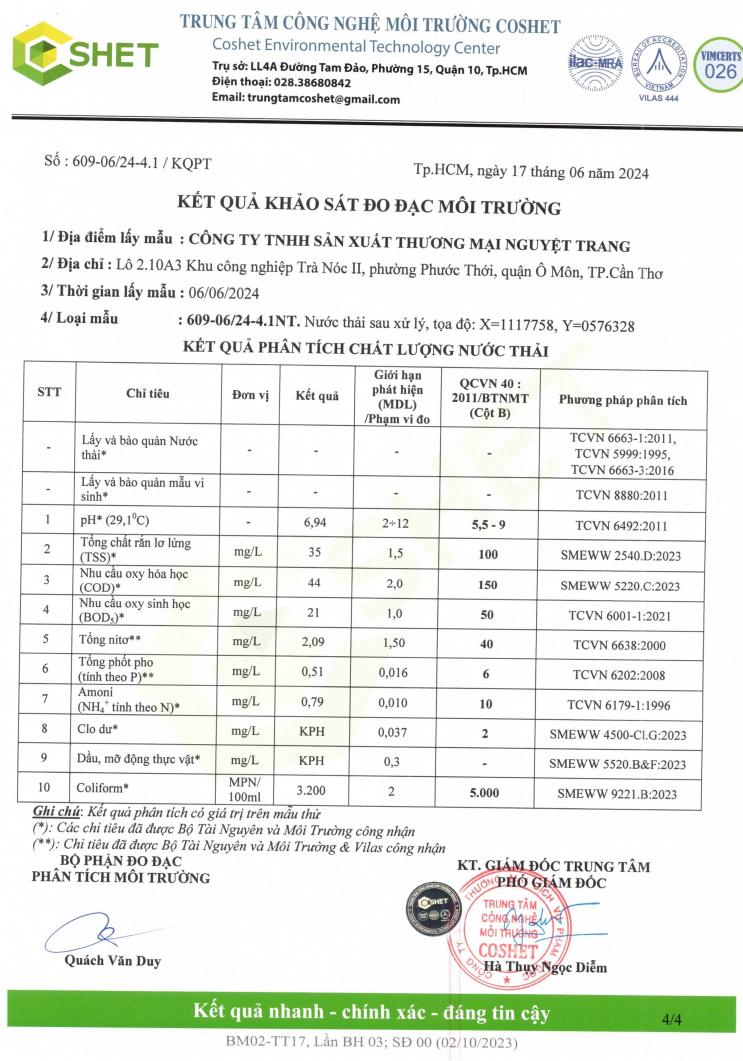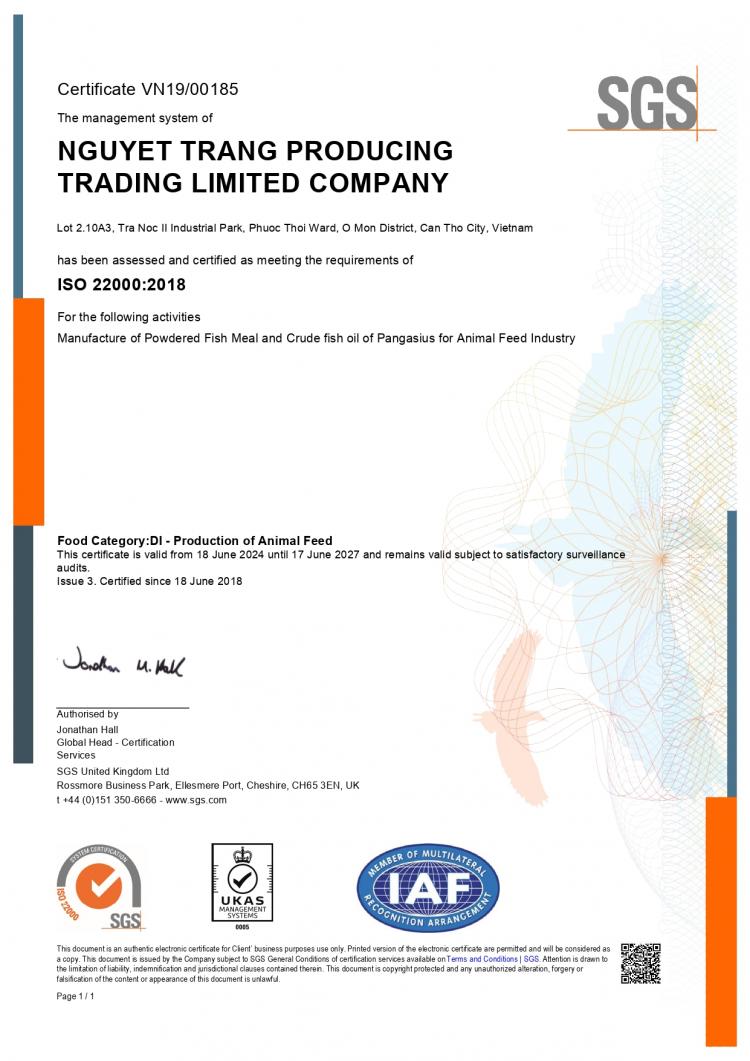Australian researchers have been surprised to find that fish oil supplements do not protect against heart disease with the evidence suggesting that eating fish is of greater benefit to the heart.

The study, which has been published in the Heart, Lung and Circulation Journal, has prompted the National Heart Foundation to revise its guidelines on fish and fish oil.
Researchers examined the benefit of fish oil supplements for the hearts of healthy people and those who have had a heart attack and are taking the supplement to prevent further episodes.
"To our disappointment to some extent the evidence since 2008, based on a large number of studies and first-class studies, show that taking fish oil supplements did not benefit those people who've had a previous heart attack - it's not better than a placebo," said Professor Paul Nestel of the Baker IDI Heart and Diabetes Institute in Melbourne.
Media player: "Space" to play, "M" to mute, "left" and "right" to seek.
Professor Nestel said he and his colleagues were also puzzled by another finding.
"Very large studies in which healthy people have been followed for many years and then their diet history carefully analysed have found by and large that fish eaters have fewer heart attacks," he said.
"So this is really quite puzzling - why should eating fish be beneficial and yet the oil from the fish not appear to be beneficial?
"Are there other things in fish? Or possibly those people who tend to eat more fish also follow a healthier lifestyle?"
Professor Nestel said it does not really come down to eating particular types of fish.
"Although there is a possible benefit for oily fish - salmon, mackerel, trout type of fish - over white fish. So that most of the studies appear to show a mixture of fish was the most beneficial," he said.
National Heart Foundation to review its guidelines
Professor Nestel said more research is needed to clarify why eating fish is better for heart health than taking a fish oil supplement.
"People really have looked at other components of fish and have not been able to convince themselves scientifically that it's anything else expect the fish oil," he said.
"But because white fish, [which is] fairly modest in fish oil, appear to be equally helpful, it takes the focus away from fish oil.
"The studies with fish have been very careful to take account of any other confounders, they certainly look at and exclude hypertension, diabetes, smoking and even socio-economic factors.
"But even when they take all these things into account, fish still seems to be protective, so that appears to be very solid advice."
Many people take fish oil supplements to help their arthritis and Professor Nestel said other studies have shown that can be beneficial.
The latest research also shows fish oil supplements are safe, which has been a previous concern.
"Recently, like in the last couple of years, there have been publications in the press that people taking fish oil supplements had more prostate cancer and we looked at that carefully and we're reasonably certain that there's nothing to that," Professor Nestel said.
The new research has prompted the National Heart Foundation to review its guidelines on fish and fish oil supplements.
The Foundation said it shows higher fish intake is consistently associated with lower rates of sudden cardiac death, stroke, heart failure and heart attack.
It is urging all Australians to eat two to three servings of fish a week, including oily fish.
 02923.841.415
02923.841.415 



























